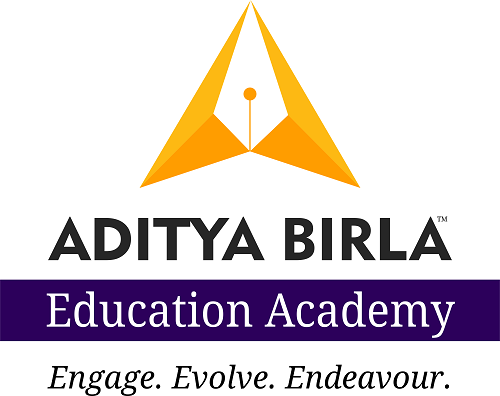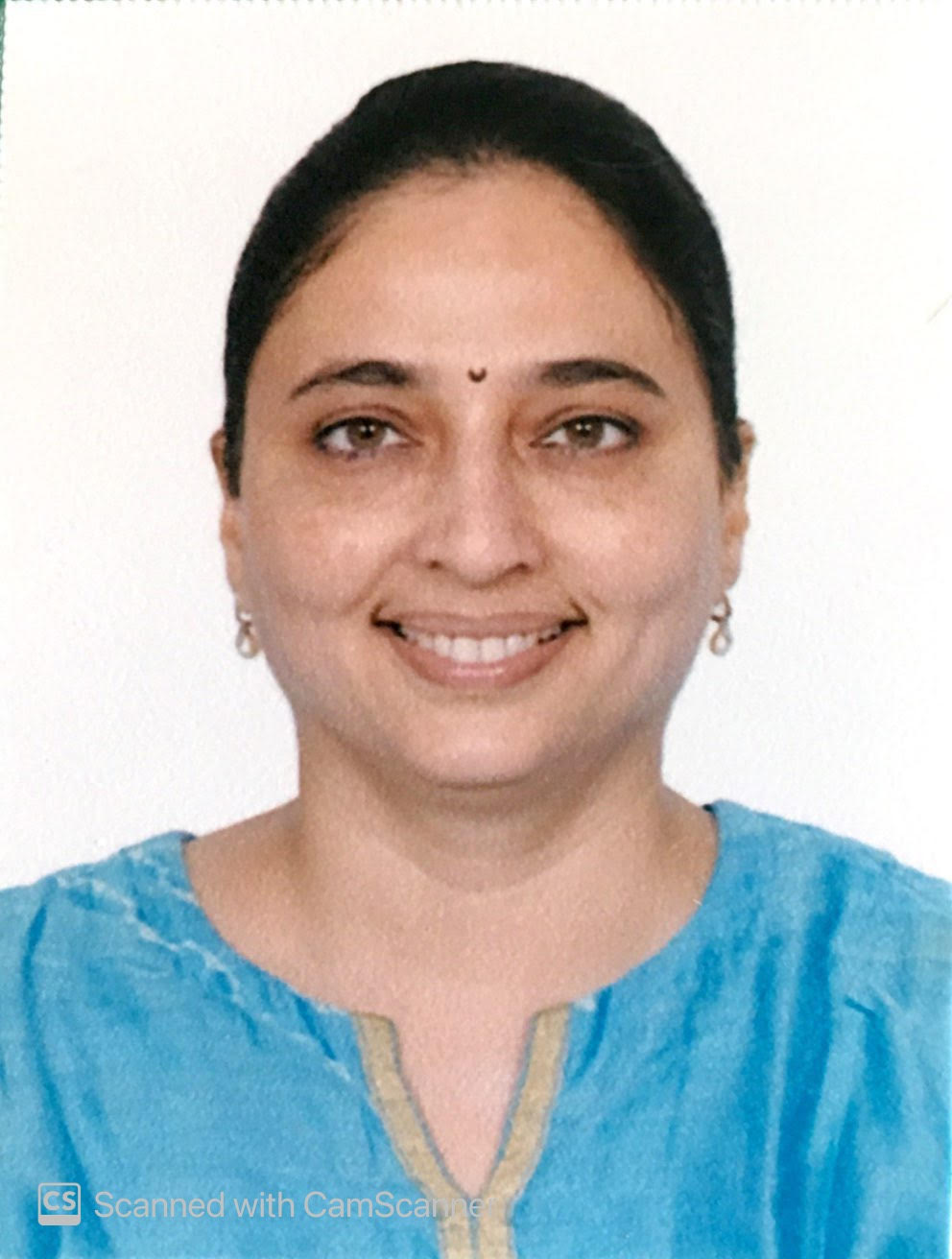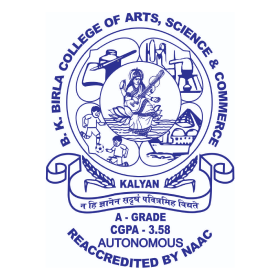-Dr. Swati Vinchurkar, Developmental Pediatrician, Founder- Urja Child Development Centre, Surat.
"Let us start with the story of 4-year-old Rohan (name changed) whose parents recently found out that their sweet little boy is on the Autism Spectrum. It all started when the nursery teacher informed them that Rohan couldn't be allowed in school as he pushes other kids, does not like to talk or play with his peers or teachers, and snatched food from others. Rohan loves to play with cars and swing, but ALONE! The parents want to know if Rohan will ever go to a 'normal' school. The answer should be yes, but sadly ……………….NO! This is sadly true also for children having ADHD, Learning disabilities, Hearing impairment, physical disability, intellectual disability, visual impairment and many more…………….."
Inclusive education - Few facts:
According to UNICEF "Disability is one of the most serious barriers to education across the globe." An estimated 240 million children have disabilities worldwide! Inclusive education means real learning opportunities for all children in the same classrooms, in the same schools even those with disabilities or belonging to minority languages. We have still not achieved integration or mainstreaming in all schools, Inclusion is not even a long shot.
Inclusive Education seems like a Utopian dream. How many teachers, principals, or special education know about the New Education Policy 2020, or how many pediatricians are aware of the Provisions in the RPWD act, may I ask? This is a challenge for every stakeholder involved in the process, be it the student, the teacher, the administration, policymakers, parents, and society at large. Let us explore why it is so and what can be done about it./
Accessible Inclusive Education - Why?
Awareness, Sensitisation, Advocacy, and the Capacity building will be vital in achieving inclusion. Our current education system is fixated on marks more than learning! In reality, a child is 'allowed' extracurricular activities or playground time only if they perform well in 'academics'.
Early childhood development and learning are integrated processes. Hence early identification and intervention are necessary. Instead of marking a child as incapable of schooling, we should be giving adaptations, and accommodations to help optimise learning for every child.
The Story Of Kevin:
Let's narrate a heartwarming story about 3.5year old Kevin(name changed) and his preschool classmates. Kevin has social communication delay. His preschool teacher has taught his classmates to say Hi Kevin! and Bye Kevin!.... Everyday! Kevin has shown improvement in eye contact and smiles when his friends wave to him. It is very reassuring for his parents to see Kevin being accepted and supported by his school and friends versus the time when another parent asked Kevin's mom if her son was 'retarded'!
Here comes the use of the Universal Design of Learning. It is a concept that addresses the ideology "if I can't learn the way you teach, teach me the way I can learn!" It aims to meet the learning needs of every student in the classroom. Every teacher and special educator must have a detailed understanding of this concept. Only then they can plan their lessons to engage every child. Read more - Why is blended learning a perfect match for inclusive education?
Level one strategy is for all children e.g.
- icebreaker activities,
- ready body listening,
- attention grabbers,
- digital and audio texts,
- transport facilities for all children etc.
Level two strategies
These strategies are individualised support plans applied to children who need additional support for their learning e.g
- shadow teacher,
- audio exams for the visually impaired or
- a customised Rubiks cube,
- a lift to help children with physical disabilities access all areas of the school.
Level three strategies
It caters to children who need high intensive support e.g
- cochlear implant with hearing training
- audio-visual material to suit the level of hearing
- and a wheelchair for a child with motor disabilities.
The ultimate aim is to ensure that no one should be left out!
Accessible Inclusive Education - What can be done about it?
Taking care of a child with disabilities takes a heavy toll on the caregivers' mental health. I have seen families breaking up due to financial and mental strain! The biggest challenge is facing social stigma. What a wonderful world would it be, when on seeing a child having a meltdown instead of commenting on parenting skills, we come together to support them in every possible way- physically, emotionally, and financially. Just a pat on the back, or forming a parent support group, or crowdfunding to help with childcare would go a long way in making them feel accepted just the way they are- SPECIAL!
At Aditya Birla Education Academy, the best teacher training institute in India, we focus on accessible inclusive education while training a teacher.








